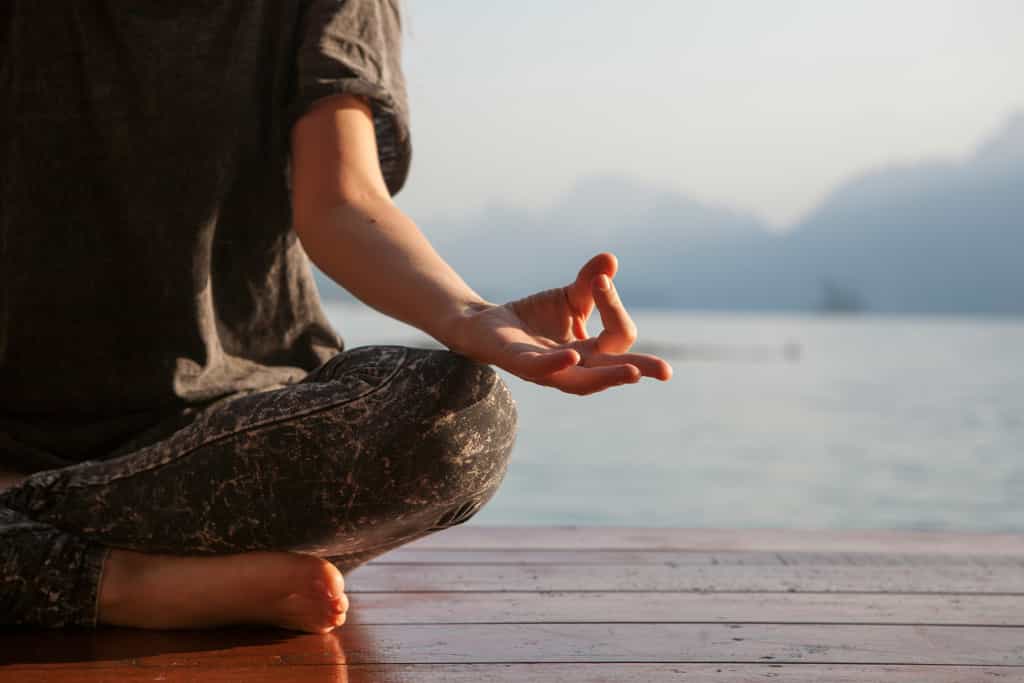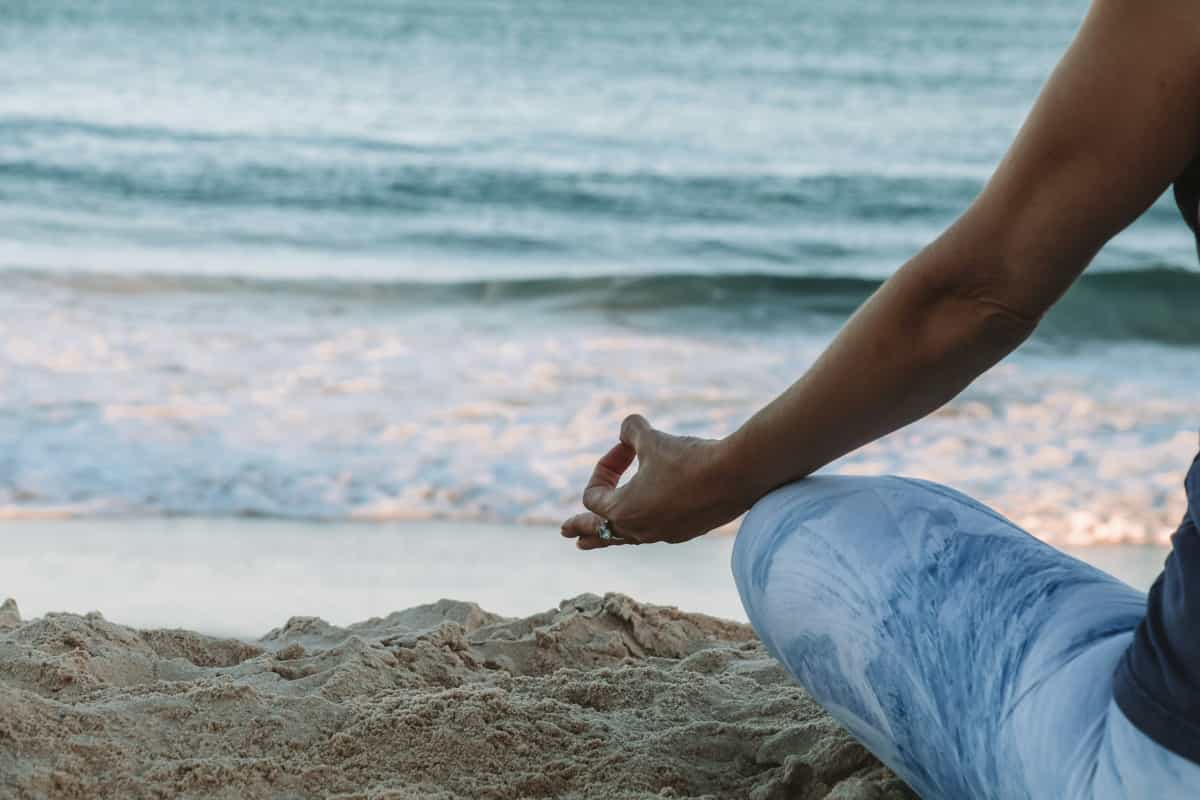This article explores how mindfulness practices before gaming can enhance your performance as a teammate. By staying calm, focused, and emotionally balanced, mindful players contribute more effectively to team dynamics, communication, and overall in-game success. From emotional regulation to strategic thinking, mindfulness turns solo skills into cooperative strength.
Can Mindfulness Make You a Better Teammate?
In the world of online multiplayer games, teamwork often decides the outcome more than raw skill. Yet, even the most talented players can sabotage their team’s success through stress, anger, or poor communication. That’s where mindfulness comes in — not as a vague buzzword, but as a concrete skill that can help you become a more focused, cooperative, and dependable teammate.
Understanding Mindfulness in Gaming
Mindfulness is the practice of being fully present in the moment, aware of your thoughts and emotions without judgment. For gamers, especially in competitive or cooperative scenarios, this means managing tilt, focusing on communication, and maintaining awareness of both your actions and your teammates’.
Before entering a game, practicing mindfulness can shift your mental state from reactive to responsive. Instead of carrying in stress from your day or lingering frustration from a past match, you start fresh — clear, calm, and ready to contribute.
Why Mindfulness Improves Team Dynamics
Mindful players are more self-aware. They recognize when their frustration is rising, when their performance is dipping, and when they’re about to lash out on voice chat. By pausing and redirecting that energy, they avoid adding negativity to the team atmosphere.
In team games like Valorant, League of Legends, Overwatch, or Dota 2, one toxic teammate can throw off synergy. But one mindful player can ground the group, helping everyone refocus and play better. Research supports this: teams function more effectively when members display emotional regulation and clear communication — both benefits of mindfulness (source: American Psychological Association).
Pre-Game Mindfulness Exercises
Before queuing up, try a short mindfulness practice:
- Breathing Reset: Close your eyes and take 10 slow, deep breaths. Focus on nothing but your breath entering and leaving your body.
- Body Scan: Mentally scan from head to toe, noticing tension and releasing it. This grounds your body and mind before a high-intensity match.
- Intention Setting: Say to yourself, “My goal is to be calm, focused, and a good teammate,” and visualize yourself doing just that.
Even 2–3 minutes of these practices can change your entire gaming session.
Reducing Tilt and Toxicity
Mindfulness helps reduce tilt by increasing awareness of the thoughts that lead to frustration or blame. Instead of instantly reacting to a teammate’s mistake, a mindful player acknowledges their own reaction and lets it go. This improves mental recovery and leads to more consistent performance over time (source: Greater Good Science Center).
Boosting Communication and Strategy
Mindful gamers also communicate better. Instead of shouting, “Why didn’t you heal me?!” they might say, “Let’s regroup. Can we time ults better next round?” These subtle shifts in tone and content can lift morale and keep the team united.
Strategically, mindfulness sharpens decision-making. You stay alert to game-state changes, listen more carefully, and make smarter calls — all without being distracted by ego or emotion (source: Harvard Business Review).
The Ripple Effect of Mindfulness
You don’t need your entire squad to meditate before every match. Just one mindful player can uplift the team vibe. Calm is contagious. When you stay level-headed, others often follow suit, consciously or not.
Mindfulness also builds long-term gaming resilience. You’re less likely to burn out, more likely to enjoy your sessions, and more likely to keep improving — not just in mechanics but in how you contribute to team success.
Final Thoughts
Can mindfulness make you a better teammate? Absolutely. It’s not about becoming emotionless — it’s about becoming aware. By practicing mindfulness before you play, you give yourself the best shot at staying focused, positive, and effective, even when the game gets tough.
If you want to climb, win more often, or just enjoy your games more — start with your mind. A few quiet moments before the match can lead to loud victories with your team.


